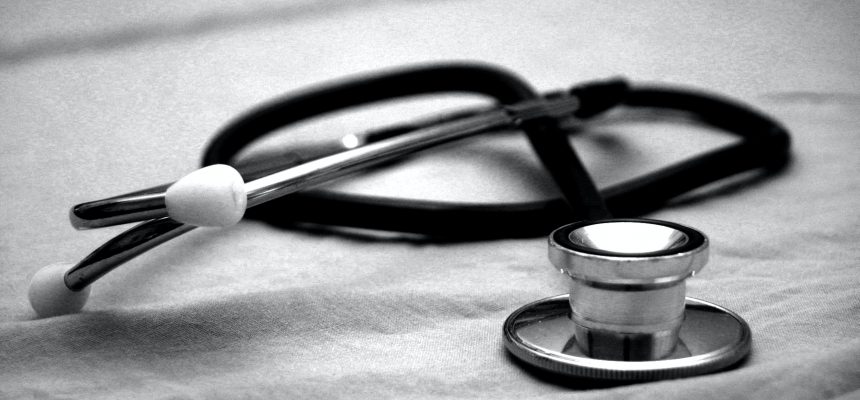COVID-19 Job Losses Threaten Insurance Coverage And Access To Reproductive Health Care For Millions
By Consumers For Quality Care, on August 14, 2020

The economic fallout from the coronavirus pandemic has disproportionately impacted younger women and women of color. Since health insurance in America is often tied to employment, for some women, losing their job can also mean losing their health insurance and access to reproductive health care.
Health Affairs reports on a new Guttmacher Institute analysis that demonstrates the harm that employer-sponsored insurance can have on people seeking reproductive health care.
Based on a 20 percent unemployment rate and Urban Institute’s modeling of the resulting loss of health insurance coverage, we estimated that four million women who received sexual and reproductive health care in the past year would lose their employer-sponsored insurance. This affects nearly one in 10 of all women who obtain sexual and reproductive health care.
While the study was unclear on which groups of women would be most impacted, it found that some women will end up having to make health decisions based on their financial constraints rather than their health. For example, decreasing contraceptive use or preventive gynecologic care.
The analysis also studied the impact of health insurance losses on publicly supported clinics providing health services for women. Public clinics would face added strain from a rise in patients as a result of increased losses of employer-sponsored health insurance.
As a result of women losing employer-sponsored insurance, we estimated that publicly supported clinics would be asked to take on 1.7 million additional sexual and reproductive health care patients, a 21 percent increase above the numbers they were already serving
Additionally, public clinics would face a shift in their reimbursements for patient care. The study estimates that patients with employer-sponsored health insurance – which is the kind of insurance that reimburses clinics at the highest rate – would drop 16 percent.
The study also questions whether patients who lose their jobs and turn to Medicaid will receive proper care and coverage given the added stress to public health insurance programs as a result of the pandemic.




